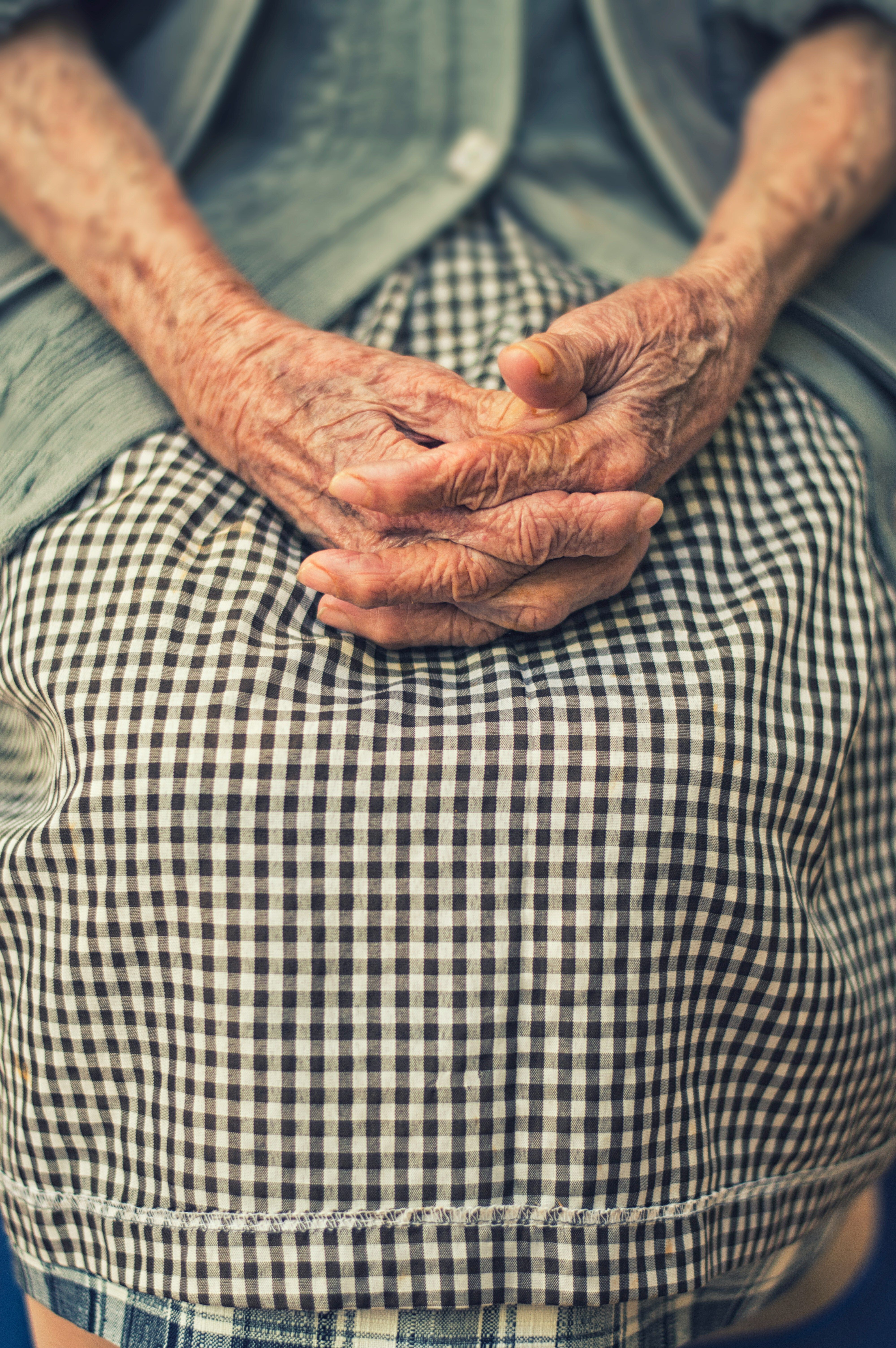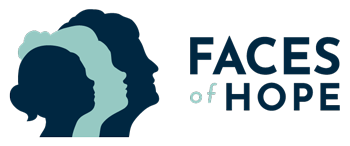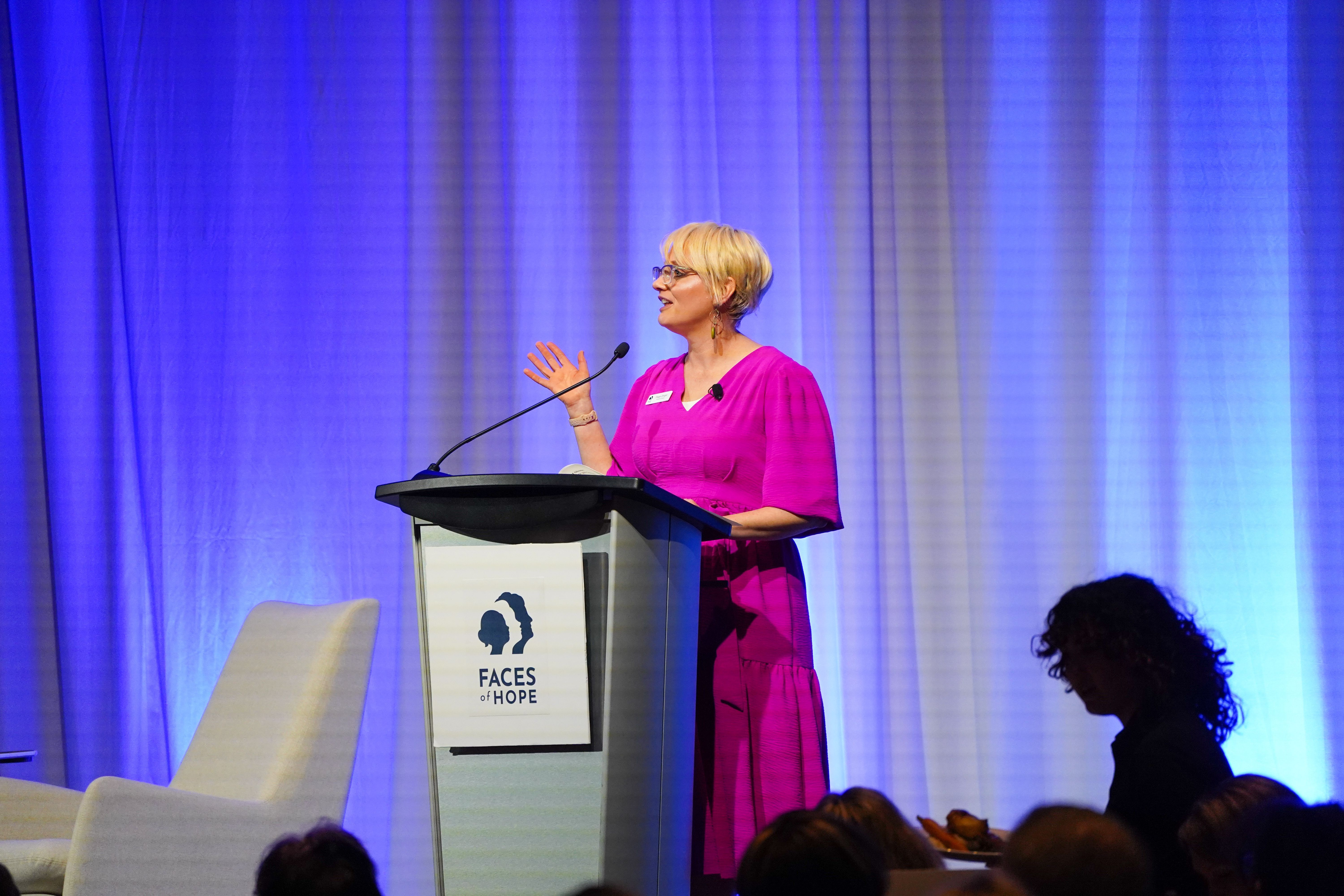
I first joined Faces of Hope as a volunteer in 2015, and later I became a paid staff member. My role was to support and help victims of elder abuse. This work means a lot to me. Before I started working at Faces of Hope, I was naive and thought that elder abuse only occurred in nursing homes. I quickly discovered that there are many forms of elder abuse and learned that abuse can come from caregivers, spouses, family, friends, and strangers.
On Thursday, June 15, we will celebrate World Elder Abuse Awareness Day. With around 5 million older people being abused, neglected, or taken advantage of every year, it’s a growing problem worldwide. To show my support and raise awareness, I will be wearing purple on this day. I encourage you to join me in spreading the word and standing against elder abuse. Together, we can make a difference.
Elder abuse, or mistreatment of older adults, is a serious issue that can cause harm or distress to our seniors. It can occur in any relationship where there is an expectation of trust. Let’s take a closer look at the different types of elder abuse:
First, there is physical abuse, which involves acts like hitting, slapping, or restraining an older person. It also includes the inappropriate use of medication or withholding necessary treatment.
Next, we have psychological or emotional abuse, which often involves humiliating or coercing the elderly. This can take the form of verbal abuse, such as yelling or constant criticism, as well as non-verbal forms like ignoring or withdrawing affection.
Financial abuse, another form of elder abuse, occurs when someone misuses the older person’s financial resources to gain control or facilitate other types of abuse. This can be carried out by family members, caregivers, or even strangers.
Sexual abuse involves forcing an older person to engage in sexual activities without their consent. It’s important to note that this also includes situations where the person is unable to provide consent due to conditions like dementia.
Lastly, neglect is a form of abuse where an older person is deprived of essential necessities like medical treatment, food, clothing, or even needed services. This can be intentional or unintentional, but both cases can have severe consequences.
It’s crucial that we raise awareness about elder abuse and work towards its prevention. Our seniors deserve respect, care, and protection from all forms of mistreatment.



